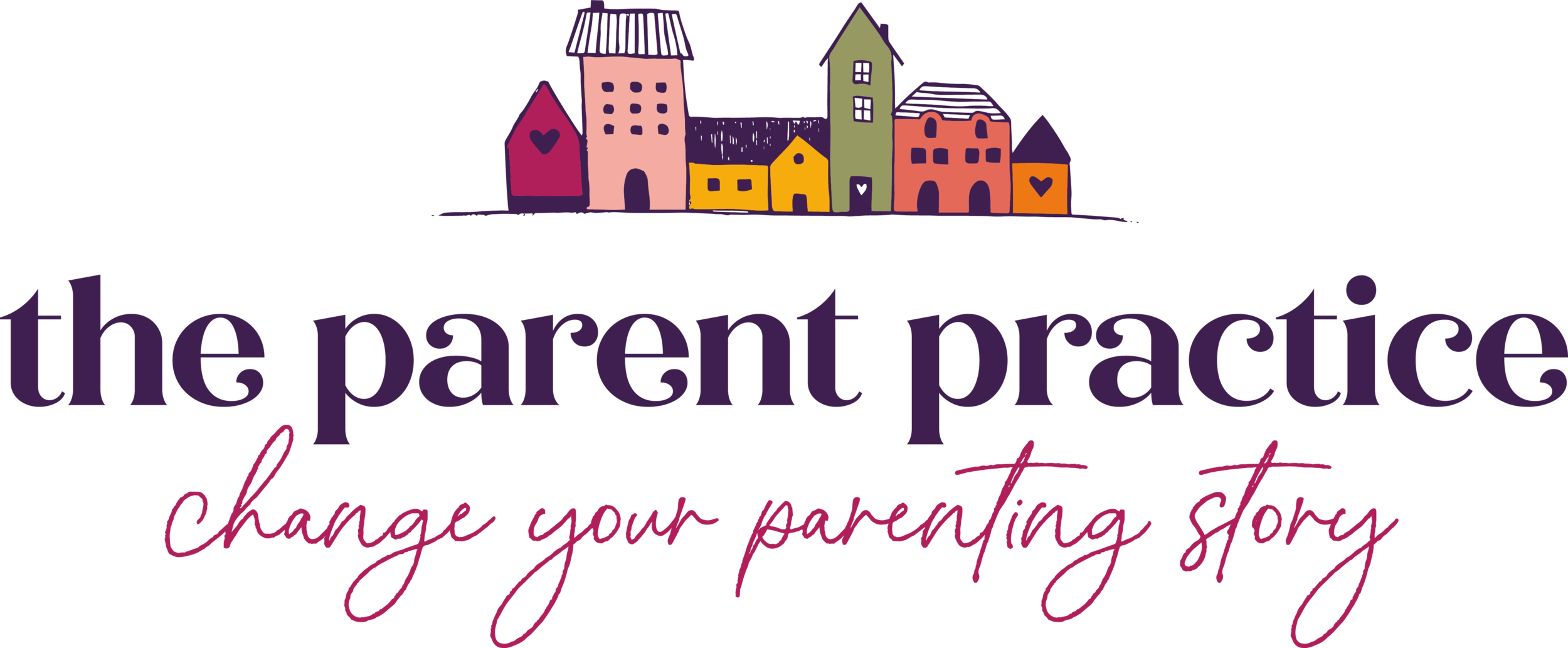Does your child use swear words?
Swear words
If you’re the parent of a child who’s just uttered an expletive that you find shocking, and in particular if its front of others, especially if its front of disapproving relatives, then the chances are your buttons have been pushed and you’ve probably responded sharply, maybe punitively or maybe with resignation and an embarrassed shrug of the shoulders... ‘kids these days.’
So before we look at strategies, it’s worth taking time to look at the possible reason for the swearing and usually it falls into one of three categories:
• It’s often generated by a powerful emotion and a need to express themselves strongly
• Sometimes they are trying to shock – whether or not they know the meaning of what they’re saying, they know what the effect will be. Children are hard wired to get our attention, and they often train us well to give attention to the negative behaviour.
• Or they are in the habit of using bad language and it means little to them; they may be in an environment where they hear language which would some would find offensive used as an everyday adverb –‘that’s f***ing brilliant’ is not used with the intention to offend.
We certainly cannot shield our children from hearing words which we might prefer not to hear coming from the mouths of babes or even older kids. They will be exposed to swear words in the school playground, in the media and on the street. Maybe they hear it from the adults on whom they model their behaviour too. This is one of those difficult areas where parents cannot avoid responsibility –while we might accept certain language from an adult and find it offensive in a child, they will of course not make that distinction, or not without learning an early lesson in hypocrisy. What we can do is pass on whatever our values are about language. Read more in the blog post here
If our children’s choice of words has been dictated by strong emotion then we will teach them nothing if we do not acknowledge the strength of that feeling.
“For you to talk to me/your brother like that tells me you are REALLY angry.”
“The fact that you’ve chosen that word shows me you really want me to take you very seriously.”
Only once the emotion has been acknowledged can we require the child to express themselves differently. This clearly requires a certain level of detachment that you won’t be able to muster in the heat of the upset so come back to it when you’re calmer.
Likewise we will be ineffective in dealing with inappropriate language if we are judgmental. It’s important that we don’t say anything that makes our children wrong even though we think the language offensive –they won’t learn while they feel judged. So don’t say “Don’t say that –that’s wrong/bad/disgusting” because, being egocentric, they will hear “YOU are wrong/bad/disgusting” and will shut down in defence or become retaliatory or resistant or otherwise stop listening.
If ‘swear words’ are used to get attention, conventional wisdom would have it that we should ignore such language, but many parents worry that this means we are condoning it. If it’s important enough and they’re important, I would Instead of ignoring, quietly take your child to one side and explain that you find such words hurtful and that they’re inappropriate. A more positive approach is to teach your child to get attention differently. If you think that attention seeking is the motivation say so and be clear what behaviour will get your attention and then make sure you do give lots of attention for good behaviours.
Acknowledge your child for trying to control their language and for using alternative ways of expressing themselves when frustrated, thwarted or angry. Teach them they can get their point across without being offensive, and invite them to come up with an alternative that others will not find so disrespectful e.g. “ Big fat banana” was a phrase used in the Halligan household when the kids were younger.
To learn more on changing your parenting style with pragmatic tops and bitesize exercises that are simple yet impactful, do have a look on our 30 Days to Positive Parenting and you’ll receive a daily video with a life changing parenting tip or exercise for you to implement.
Have fun creating your alternative ‘naughty words’

